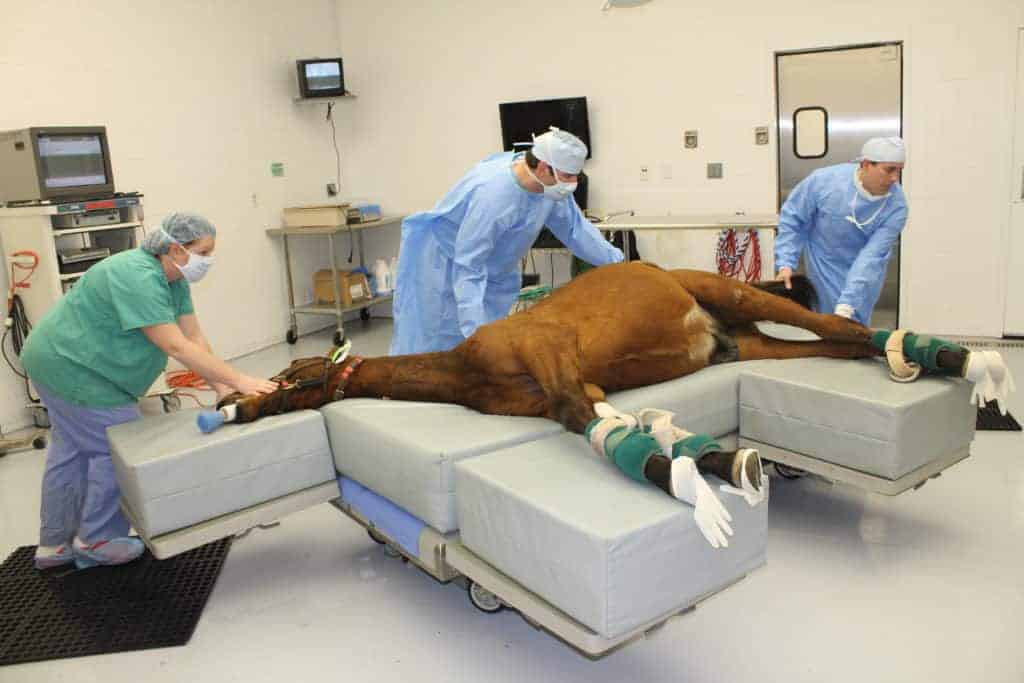
10 Secrets to a Good Vet-Client-Patient Relationship
To help you better understand the ideal VCPR—a relationship that carries a lot of weight in our horsey lives—we’ve sought out the signs of a healthy one. How does yours line up?
News and issues for equine health professionals

To help you better understand the ideal VCPR—a relationship that carries a lot of weight in our horsey lives—we’ve sought out the signs of a healthy one. How does yours line up?
Brown will lead the effort to develop, communicate, and enforce safety and integrity policies for both racing and sales operations.

The body delivers blood to help tendons heal. Power Doppler can identify when blood is present in horses’ injuries that veterinarians might otherwise believe to have recovered.

If ECoV tests are positive and a horse is showing classic clinical signs of the disease, including colitis, fever, and lethargy, vets can safely assume he has equine coronavirus disease without further testing.

Do you think horses are quick to get moving right after birth? Check out what they’re doing right after fertilization.

Learn why this fetlock injury occurs and how veterinarians diagnose it.

MRI exams are more expensive than most other diagnostics. But with better associated recovery rates, it might be a worthwhile investment, say researchers.

Sometimes rest is the best recipe for recovery for an injured horse. Learn about the science of healing, aggressive vs. conservative treatment, and exercise rehabilitation.

Your laminitis survivor’s true prognosis depends on how you manage him after the worst is over.

One veterinarian weighs the pros and cons of available imaging modalities when it comes to diagnosing common fetlock injuries.

Standing surgeries on sedated horses can provide good, if not better, results than equivalent surgeries on fully anesthetized horses, without the added costs and complications.

A psychologist documented and assessed a holistic farrier’s complex communication skills while handling a laminitis case.

Horses undergoing general anesthesia die about a thousand times more often than humans do, at a rate of around 1 to 1.5 deaths per 100 anesthetized horses. Here’s a look at why.

What’s in that straw? Stallion semen, sure. But what quantity of sperm, and what quality? Researchers found this mobile device and its app an effective alternative to more specialized equipment.

The guidelines make new recommendations for core and risk-based vaccines for horses. The committee further emphasizes that routine vaccinations are considered essential during the COVID-19 pandemic.

Using 0.2% PHMB-impregnated gauze reduced the growth of underlying bacteria commonly implicated in orthopedic wounds and infections of horses.
Stay on top of the most recent Horse Health news with
"*" indicates required fields